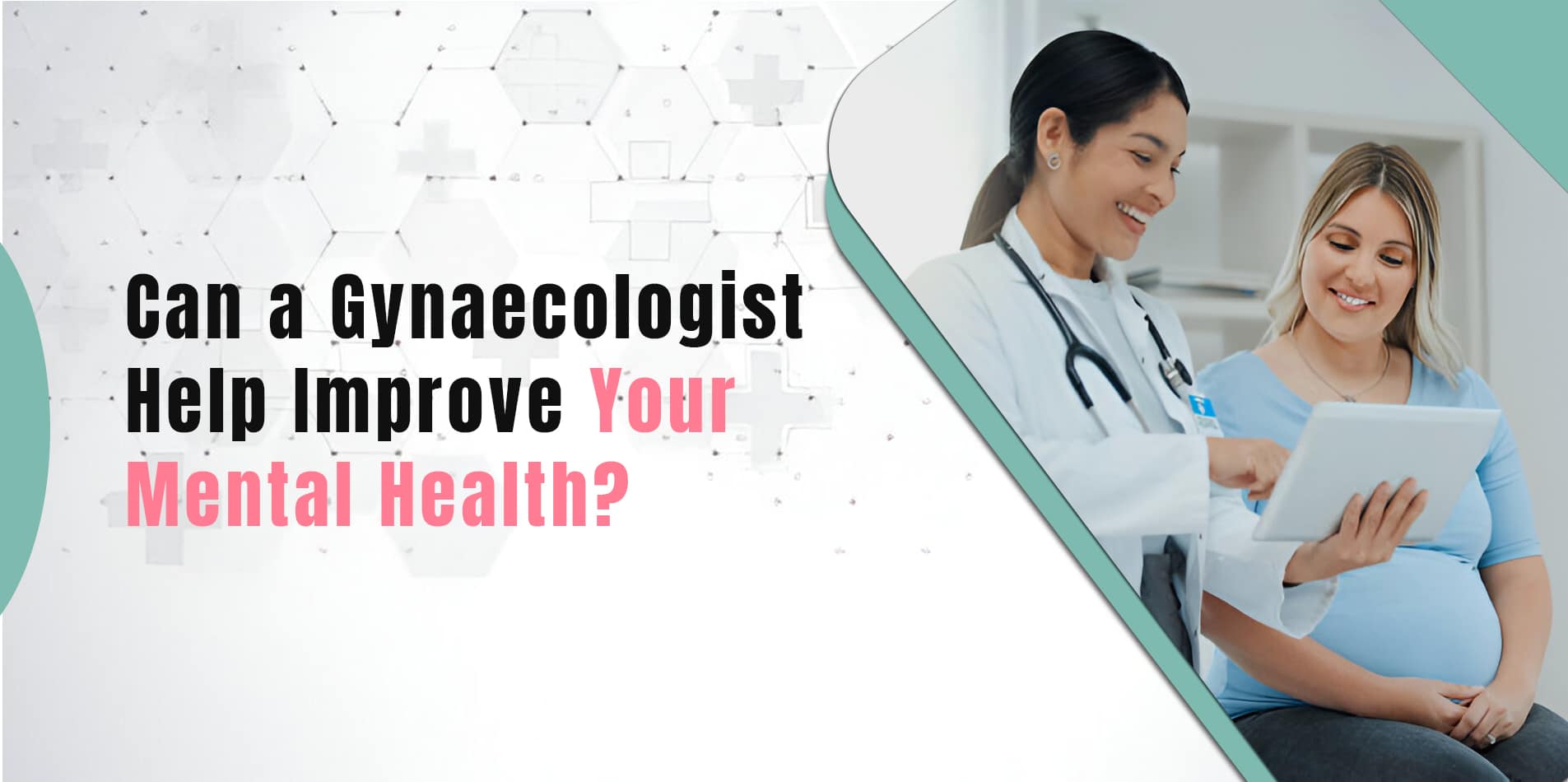The Overlooked Link Between Hormones and Mood
When you think about visiting a gynaecologist, mental health might not be the first thing that comes to mind. But what if we told you that your gynaecologist could play a vital role in your emotional well-being? More women in Australia are starting to recognise the profound connection between hormonal health and mood. As a result, many are turning to their gynaecologists for support—not just for reproductive health, but for emotional clarity and mental balance too.
If you’ve been feeling low, anxious, or out of sorts, your hormones could be playing a much bigger role than you think. From hormonal shifts to imbalances, there’s a significant link between how your body feels and how your mind feels.
Hormones and Mental Health: What’s the Connection?
Hormones are powerful chemical messengers that regulate many of the body’s functions—including mood. Estrogen, progesterone, and even testosterone (yes, women have it too!) can directly influence brain chemistry and emotional balance.
Throughout a woman’s life, there are certain phases—such as puberty, the menstrual cycle, pregnancy, postpartum, perimenopause, and menopause—when hormonal fluctuations can trigger emotional disturbances like anxiety, irritability, depression, and even more severe mood disorders.
Here’s how different life stages and hormonal changes can affect mental health:
- PMS and PMDD: Premenstrual syndrome (PMS) can bring emotional symptoms like anger, sadness, fatigue, and irritability. In some cases, these can escalate to premenstrual dysphoric disorder (PMDD), a severe form of PMS that can lead to extreme mood swings, anxiety, and depression.
- Postnatal Depression: Affecting nearly 1 in 7 women after childbirth, postnatal depression can make women feel overwhelmed, disconnected, or even numb. This condition is often tied to hormonal changes following childbirth.
- Perimenopause and Menopause: The transition into menopause can bring about a variety of symptoms, including anxiety, depression, brain fog, sleep issues, and mood swings due to declining levels of estrogen and progesterone.
How Can a Gynaecologist Help?
A qualified gynaecologist doesn’t just check your reproductive health—they also understand how hormonal changes affect your body and mind. By addressing underlying hormonal imbalances, they can help improve your overall mental well-being.
Here’s how a gynaecologist can make a difference in your mental health journey:
Hormonal Assessments & Diagnosis
The best gynaecologists in Australia can conduct thorough assessments to check for hormonal imbalances. Whether you’re dealing with polycystic ovary syndrome (PCOS), thyroid disorders, or estrogen dominance, identifying the root cause can lead to better-targeted treatment options. Hormonal blood tests and a thorough review of symptoms can give your doctor the insight they need to make an accurate diagnosis.
Personalised Treatment Plans
Once your gynaecologist understands your unique hormonal situation, they can develop a tailored treatment plan. This may include options such as birth control to regulate cycles, or medication to help balance neurotransmitters involved in mood regulation. Lifestyle changes—such as diet, exercise, and stress management—can also be key parts of a comprehensive treatment plan. Whether you’re dealing with menstrual irregularities or menopausal symptoms, a personalised approach can make a huge difference in improving mental clarity and emotional well-being.
Referrals & Holistic Support
Your gynaecologist doesn’t have to work alone. They can collaborate with other specialists such as psychologists, dietitians, and even endocrinologists to provide you with well-rounded care. Mental and physical health are interconnected, and your gynaecologist can help coordinate your treatment with the best professionals to ensure all aspects of your health are being addressed.
Education & Empowerment
Understanding your hormonal cycles and patterns can significantly improve your mental health. Your gynaecologist can help you track your symptoms and educate you on the effects of different hormonal changes. Empowering yourself with knowledge about how your body works can allow you to make informed decisions and take control of your emotional health.
Why Women in St. Albans Are Turning to Gynaecologists for Mental Health Support
If you’re searching for the best gynaecologist in St. Albans or anywhere in Australia, consider choosing a practitioner who takes a whole-person approach to care. Women’s health goes far beyond routine Pap smears and pregnancy check-ups—it’s about emotional wellness, hormonal balance, and reclaiming the sense of feeling like yourself again.
Many women in St. Albans and surrounding areas are discovering how valuable it is to have a gynaecologist who is mindful of both physical and emotional health. With a growing awareness of the connection between hormones and mental health, more women are recognising the need to consult a gynaecologist for emotional support during times of hormonal change.
When Should You Speak to a Gynaecologist?
If you’re experiencing any of the following symptoms, it might be time to speak with a gynaecologist:
- Persistent mood swings or irritability
- Severe PMS or PMDD symptoms that interfere with daily life
- Anxiety or depression during hormonal transitions (e.g., postpartum, menopause)
- Unexplained fatigue, brain fog, or irritability
- Changes in menstrual cycles, such as heavy bleeding or missed periods
- Symptoms of menopause, such as hot flashes, sleep disturbances, and mood changes
Early support and intervention can make a world of difference. Your mental health is just as important as your physical health—and your gynaecologist is here to help both.
Final Thoughts
Your mental health matters—and your hormones could be influencing more than you realise. The best gynaecologists in Australia understand the delicate relationship between hormonal fluctuations and mental well-being, offering compassionate and informed care that can help you feel more balanced.
If you’re in St. Albans or the surrounding areas, don’t overlook the value a gynaecologist can bring to your mental health journey. Whether you’re struggling with PMS, postnatal depression, perimenopausal symptoms, or any other hormonal imbalance, your gynaecologist can offer support and guidance to help you reclaim your emotional health.
Looking for the best gynaecologist in St. Albans?
Get in touch today for compassionate, holistic care that nurtures both your body and mind.

